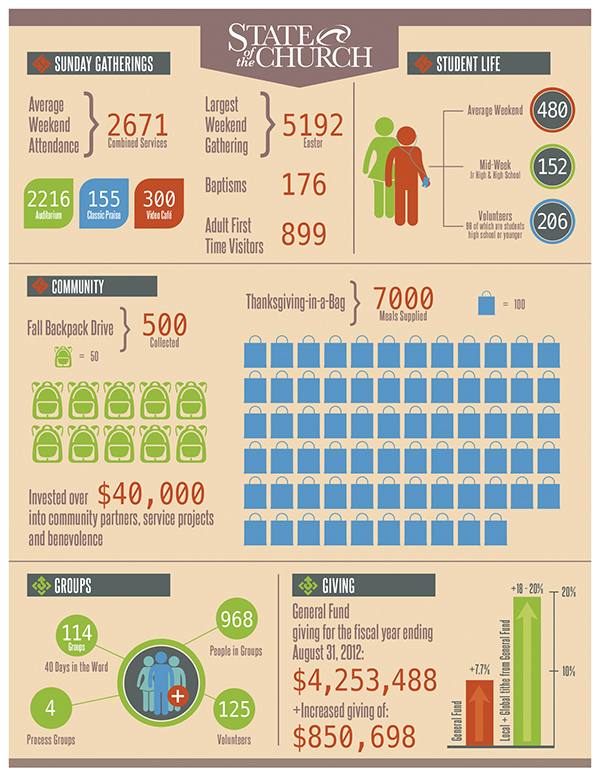Catholic Education And Learning And Social Justice: Forming A More Encouraging Future
Catholic Education And Learning And Social Justice: Forming A More Encouraging Future
Blog Article
Short Article Created By-Bengtsson Russell
In Catholic education and learning, you're not simply discovering facts; you're being formed as an individual dedicated to social justice. This approach encourages you to acknowledge the self-respect of every person and to advocate for those who are typically unheard. By integrating these values right into your curriculum, you're positioned to make an actual impact. But how precisely does this education and learning translate into purposeful action in your neighborhood? The response might amaze you.
The Foundations of Catholic Education And Learning and Social Justice
As you explore the structures of Catholic education and social justice, you'll discover that these 2 concepts are deeply intertwined.
Catholic education and learning emphasizes the inherent dignity of every person, rooted in the idea that all are created in God's image. This perspective cultivates a sense of neighborhood and obligation toward others.
It encourages you to recognize social injustices and respond with concern and action. The mentors of Jesus Christ inspire you to advocate for the marginalized and susceptible, enhancing the concept that education and learning isn't just about scholastic success; it has to do with developing a just society.
Integrating Social Justice Into the Educational program
Integrating social justice right into the curriculum transforms education into an effective device for change. You'll encourage students to believe critically regarding social problems, cultivating empathy and a feeling of duty.
By weaving social justice styles into subjects like background, literature, and science, you create an even more relevant and interesting understanding experience. Reviewing real-world problems assists pupils attach their researches to the neighborhood, motivating them to act.
Incorporating varied point of views improves discussions and cultivates understanding amongst peers. Projects and collective tasks can encourage pupils to explore solutions to regional and global obstacles.
Inevitably, this assimilation not only deepens their knowledge yet also shapes caring people ready to promote for justice and equity in culture.
Area Engagement and Solution Opportunities
Involving with the community via service possibilities boosts the lessons discovered in the class. When you participate in neighborhood efforts, you'll experience firsthand the effect of social justice concepts. https://romesentinel.com/stories/rome-college-foundation-honors-select-students-teachers,114106 at food banks, sanctuaries, or community clean-ups allows you to use your expertise and values outside college walls.
https://telegra.ph/Examining-The-Merits-Of-Catholic-Education-And-Learning-For-Complete-Pupil-Advancement-06-14 fosters a sense of obligation and compassion, attaching your education to real-world issues. Moreover, these experiences aid you develop relationships within your area, enhancing your understanding of diverse point of views.
You'll find the relevance of partnership and synergy while working alongside peers and neighborhood participants. By devoting your time and talents to solution, you'll not only expand directly but also add to developing a just and caring culture.
Conclusion
Finally, Catholic education empowers you to welcome social justice and cultivate a feeling of area responsibility. By incorporating these values into your understanding and taking part in service opportunities, you'll develop critical thinking and compassion. This journey not just forms you as an individual yet additionally outfits you to be a leader dedicated to creating a much more simply and equitable culture. Together, let's devote to developing a better tomorrow for everybody.
